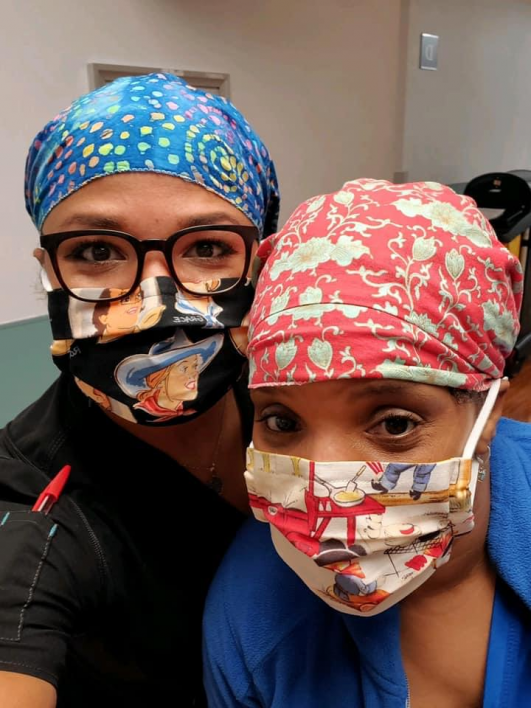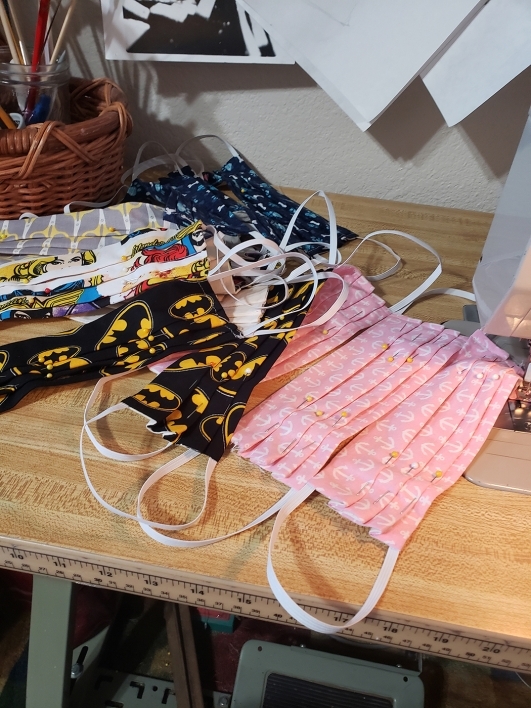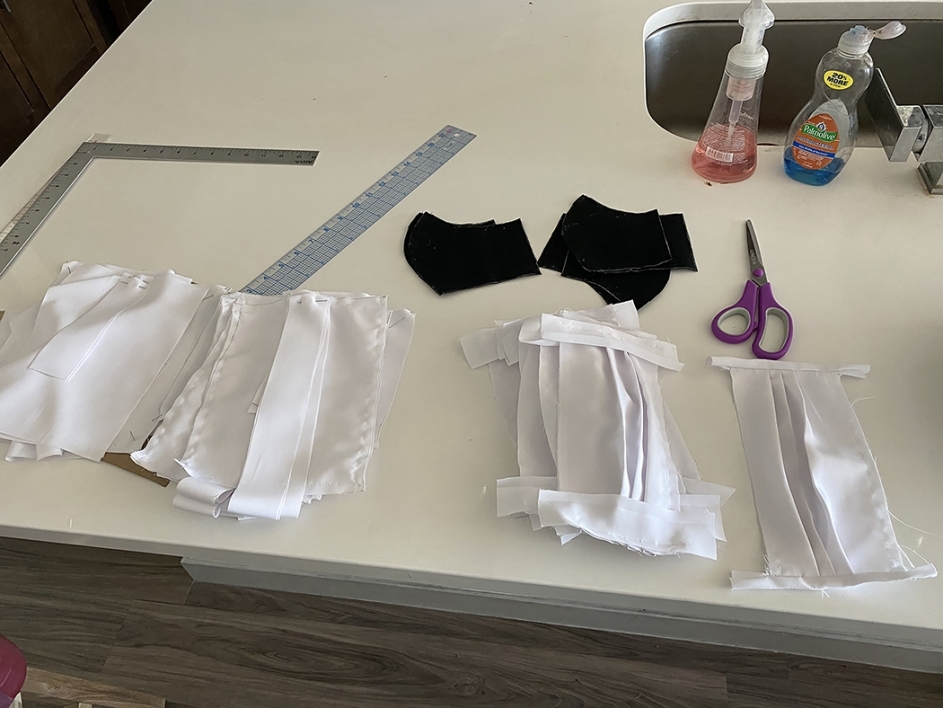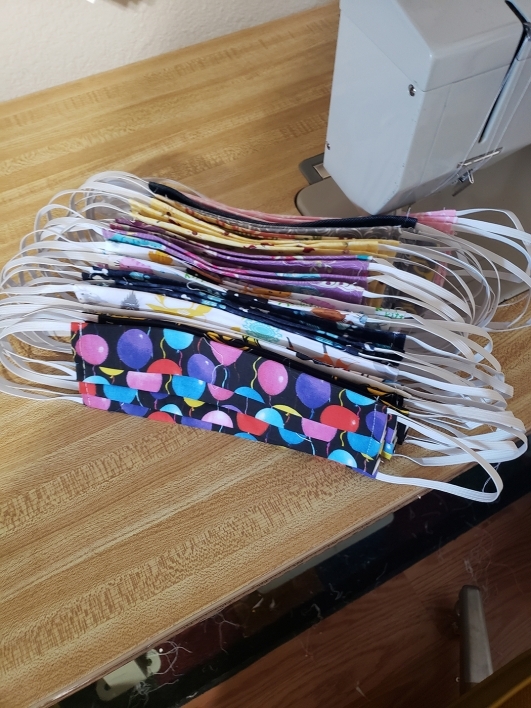ASU costume shop creates hundreds of masks during national crisis
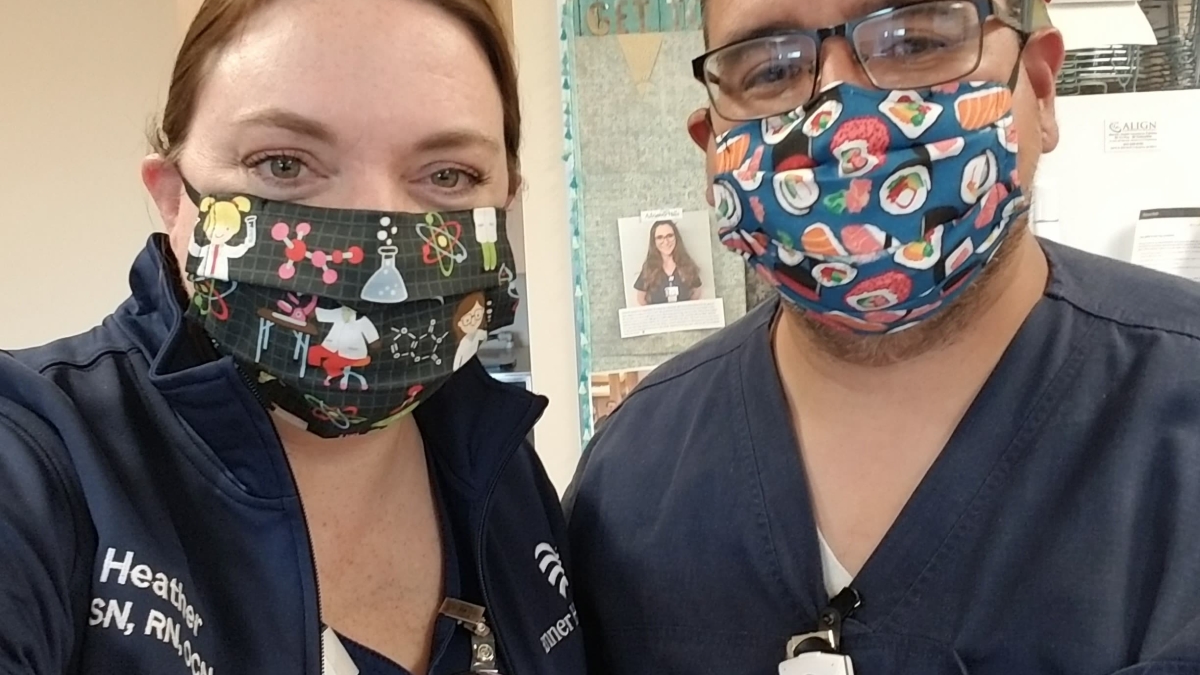
Banner nurses wearing masks made by ASU's costume shop. Photo courtesy Cari Smith
ASU’s costume shop may be closed, but its staff and students are still hard at work — making masks instead of costumes.
When the COVID-19 pandemic made its way to the U.S., Arizona State University's School of Film, Dance and Theatre costume shop coordinator Cari Smith was hard at work with her team of designers, stitchers, cutters and drapers on costumes for the school’s production of “The Crucible,” originally set to premiere in March 2020. With the virus forcing the shop to close its doors and the show now canceled, the nearly completed costumes for the production were moved into storage.
Unsure of the next step for herself and her team, Smith said that things “didn’t feel purposeful,” and other members of the crew said they felt the same way.
“I felt a bit lost — we all did,” costume shop assistant Lois Myers said. “I wondered what I would even be doing being that my job as part-time staff did not hold any responsibilities that weren’t directly connected to hands-on needs of shows, shop or students.”
But Myers, Smith and the rest of the team soon found purpose.
They shifted their focus from creating costumes to creating masks for hospitals to provide to their staff in the midst of the COVID-19 pandemic.
“We began initially to help the School of Health,” Smith said, “but when the word got out that we were making them, a dear friend who is a nurse with the Banner Estrella oncology team asked me personally for masks. I jumped at the opportunity. We had a mission.”
“I work in a COVID ICU at Banner,” said Heather Brandt, a nurse and longtime friend of Smith’s. “We are required to wear approved PPE for all patient care, but are required to mask at all times in the hospital. Additionally, the nondirect patient care staff are in need of masks. This includes ancillary staff that we work with daily to coordinate patient care such as medical certified translators, registered dieticians, culinary teams, etc. The nursing staff looks forward to getting a break from our PPE masks because they can be quite painful to wear continuously. Having homemade masks allows us to conserve PPE for the required masking coming in and out of the hospital and also on breaks.”
The shop quickly changed course and got to work, first sharing word about the masks through social media and giving them to friends and family. Smith has a small workspace in which some student workers and employees, with CDC recommended safety measures in place, gathered materials and began to work on the masks. Other workers, including student Niamh Murphy, made masks at home using their own fabrics.
“I am very lucky to have a stash of fabric and my own sewing machine at home,” Murphy said, “so luckily the transition was very natural to be working from home sewing.”
She and other team members used personal materials initially, and then began using donated materials, which were necessary once Banner hospitals began accepting the masks.
“My setup for making masks isn’t the most ideal, but it works well,” student Alexa Marron said. “I set up on the kitchen island with my sewing machine, tools and materials. Behind me in the hall is the ironing board and iron prepped and ready. And then, scattered about are various pattern pieces and piles of in-progress masks. I thank my three roommates for being so accommodating.”
The shift wasn’t all that easy for the costume shop workers, as most individuals involved were highly accustomed to the in-person, closely-knit surroundings of the atelier.
“Within the shop itself, the biggest change was no longer seeing the people I work with nearly every day,” student Emil Mendoza said. “We’re more of a family than typical coworkers, especially because of how much emotion art brings out during performance and production. I miss them most of all.”
While he misses his community, he is glad to be able to help during these unpreceded times.
“Not everyone knows how to sew, and honestly sometimes I’ve felt judged for having the skill, due to associations with femininity,” he said, “But now it’s very important! Not only is sewing therapeutic for me, I know every mask is going to someone who needs it.”
At this time, the team has made over 300 masks that have gone to local hospitals as well as other hospitals across the country, and 200 more have gone to essential workers in need of protective masks. The shop continues every day to get masks to as many people as it can, free of charge.
“The costume shop masks were by far the best constructed we have seen (at Banner),” Brandt said. “(Smith) has been so generous and responsive, and I cannot possibly thank her and the costume shop enough.”
“I hope that with this project we make a difference, even if it is a tiny one,” Marron said. “I also hope that we can show the university and the world how important skills like sewing are and that programs like the ones at (the School of Film, Dance and Theatre) are incredibly important and useful.”
More Arts, humanities and education
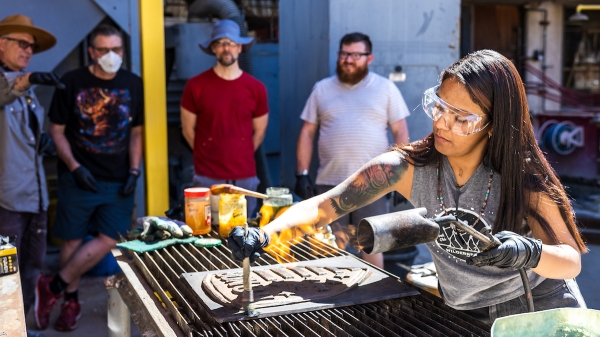
'Devils in the Metal': ASU vet leads iron cast workshop for former service members
Bruce Ward believes everyone has a symbol of strength or resilience, and they have an obligation to find it. His happens to…
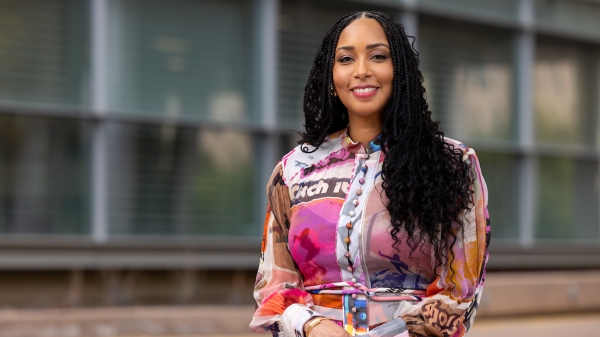
ASU English professor wins Guggenheim Fellowship for poetry
The awards — and opportunities — keep piling up for Safiya Sinclair, an associate professor in Arizona State University’s…
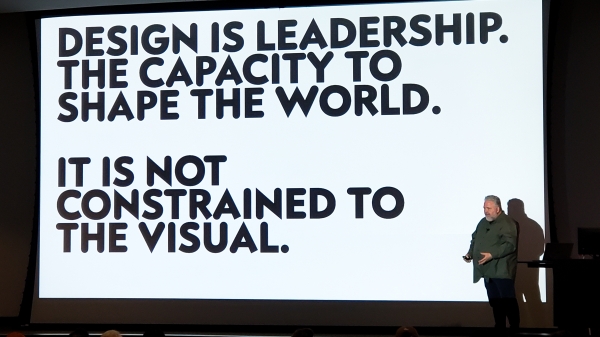
Designer behind ASU’s brand named newest Herberger Institute Professor
Bruce Mau, co-founder and CEO of the Chicago-based holistic design consultancy Massive Change Network, has joined Arizona State…
